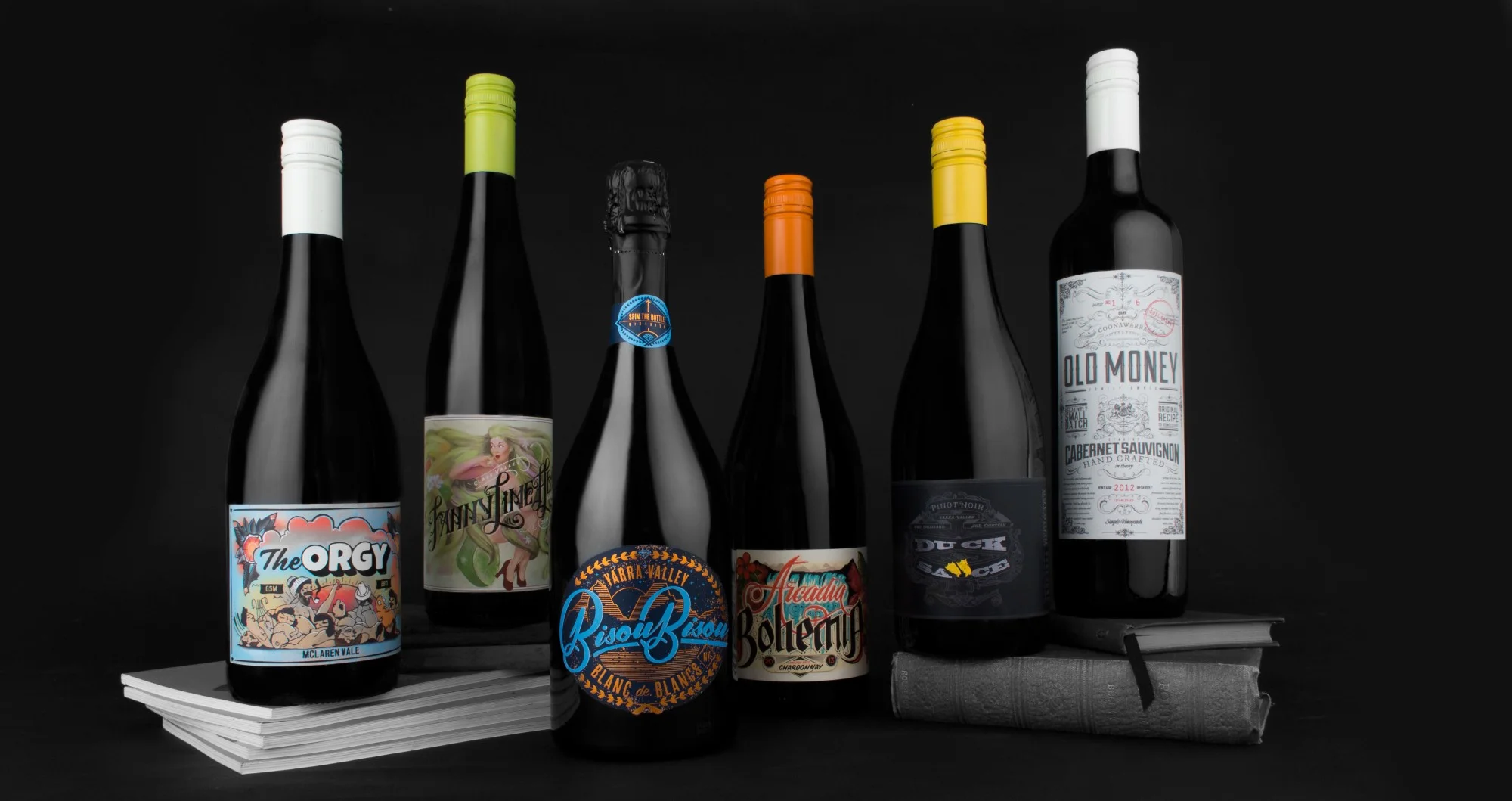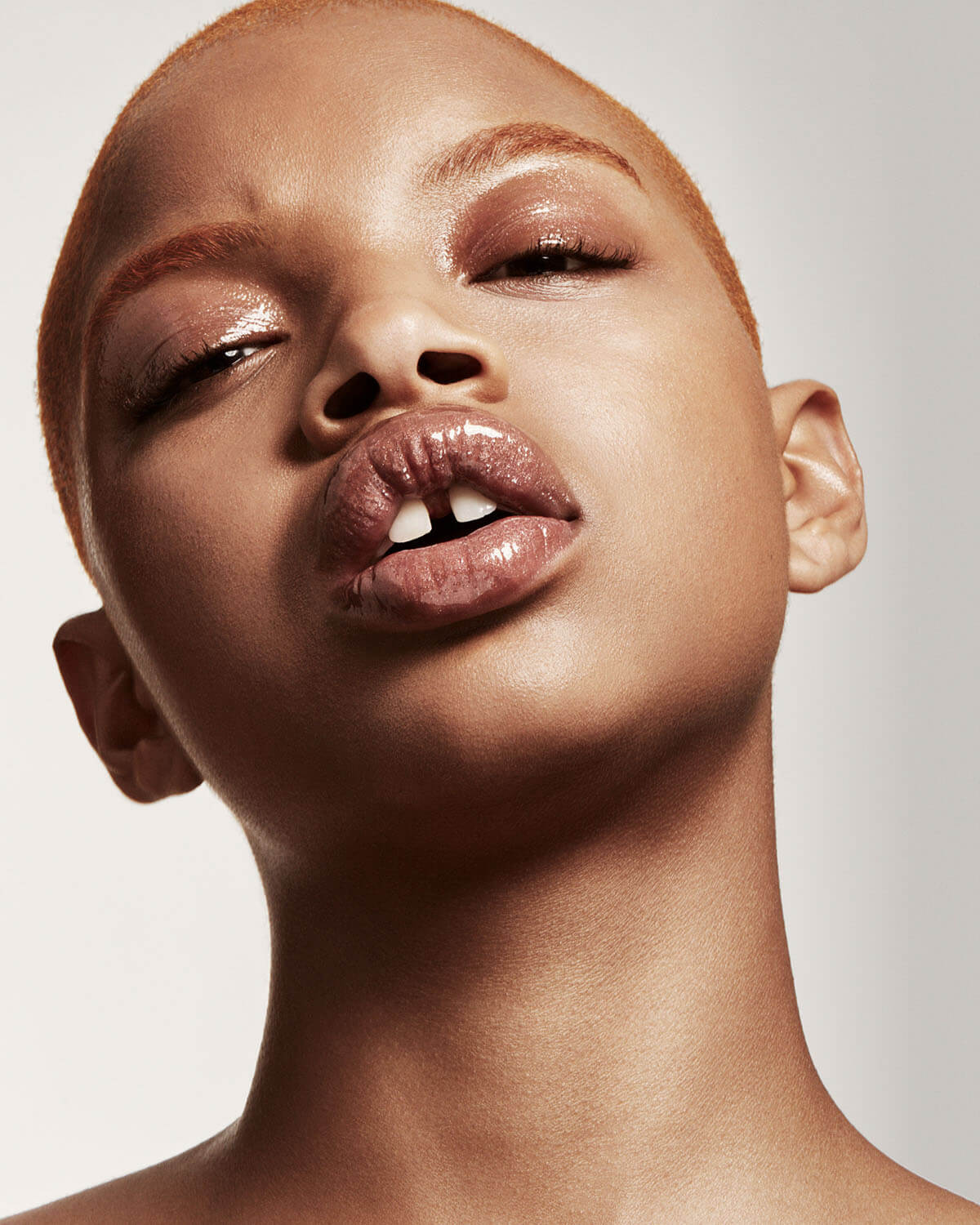Challenger to Watch: Monzo
For building a coral community
In much the same way as we’ve repeatedly been told to prepare for the coming of our AI overlords (or at the very least, marketers), the last few years have each, in turn, promised to be the dawn of challenger banking.
Whether it be through transformation of the typical category pain points, or the use of smart algorithms and app focused platforms, we’ve (cautiously) heralded the arrival of brands such as Simple or Atom Bank as the tipping point for a category that’s largely seemed out of new ideas.
As the curtains part for 2018, Monzo has taken its turn centre stage.
On the one hand, mildly-singed fingers and the clarity of 20-20 hindsight would suggest that it would probably be sensible to wait till next year’s roundup before cancelling your stuffy old brick and mortar current account – but on the other, bright-eyed optimism (and the editorial requirements of the Challengers to Watch format) suggest that, just maybe, 2018 is going to be different.
Monzo's coral-pink cards being packed. Photo: Monzo.
It’s not easy to pin down cause and effect when analysing a shift in the cultural zeitgeist, and even the experts are often divided, but for the banking sector, it’s beginning to feel like the wind might finally have shifted in favour of the challengers.
For those who’ve spent their holiday in the company of the right demographic (20 or 30 something early adopters, or for want of a more accurate description – drunks) settling the bill has seen a flutter of bright orangey-pink* bank cards smugly flourished when it’s time to cough up.
Not since the first round of after-dinner First Direct conversations in the mid 00’s have people happily enthused about how they’re paying for their meal.
On paper however, Monzo isn’t all that different from the challenger banks that have come before – launched via crowdfunding in 2015 as a pre-paid debit card (with a current account from late 2017) Monzo is an app-based system with the usual customisable saving and spending plans.
Nothing new to see here.
“Monzo doesn’t really feel like a bank. ”
So what’s different? Well, first of all Monzo doesn’t really feel like a bank. People aren't talking about how good the customer service is, and neither are they comparing fees and rates. Instead, Monzo feels more like a portal to a new kind of relationship with money.
Monzo’s self-described ambition is to act as a ‘control hub’ for its customers financial lives. Monzo isn't planning to offer a savings account or mortgages for example, but will instead search the market on your behalf to find the best deal for your situation – then handle the paperwork.
Monzo plans to use same approach for helping you find the right utility provider, and it has already launched a frictionless P2P payment feature (possibly a first for the UK).
In essence, Monzo appears to be on the path to the holy grail of the category – making the day-to-day management of money something you actually want to do.
“Monzo has learned how to go viral”
Secondly, and perhaps most importantly, Monzo has learned how to go viral.
From its eye-catching cards that allow fellow users to identify each other (and quietly show off) to the drama of a staggered, limited edition style rollout (that might otherwise have been considered a significant constraint had Monzo not gamified the queuing system and introduced a powerful sense of rarity), Monzo has sought to build a sense of being part of an elite community. (To invite friends to join the waiting list - and earn a queue jump - you have to find a hidden part of the app.)
Monzo's golden ticket referral programme. Photo: Monzo.
This behaviour is perhaps best encapsulated by the start-up's approach to bad news. When faced with the financial necessity of ending its free international ATM withdrawals, Monzo transformed a potentially negative PR story into a perfect example of its collaborative community approach. Monzo simply invited its customers to vote on how it should tackle the issue.
“it might be possible that the long-heralded dawn of the challenger bank is truly upon us.”
With over 450,000 already signed up, and heady ambitions to capture a billion by 2022, it might just be possible that the long-heralded dawn of the challenger bank is truly upon us.
Just as long as the AI revolution doesn’t happen in the meantime of course.
*I’m hedging my bets here - despite having preternaturally good colour vision, I’m regularly told by my partner I’ve been subsequently cursed with a lack of a basic ability to then accurately describe said colours. Personally, I’m calling this one out as a kind of pink, but I’ve been reliably informed it’s really a reddy-orange, or ‘electric-fluoro-coral’ if you’re falling back on obfuscation.






















